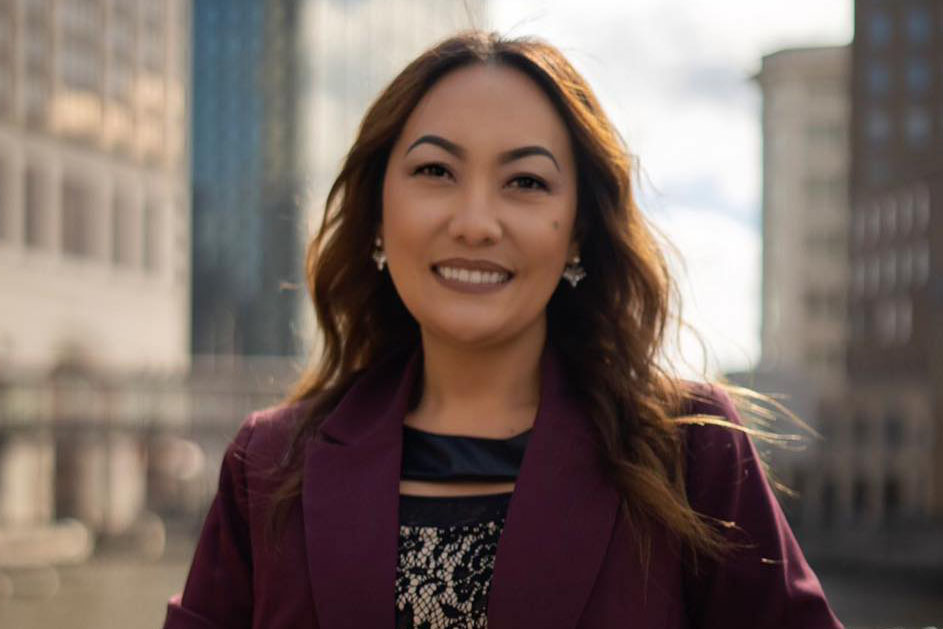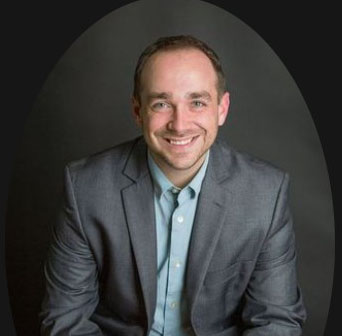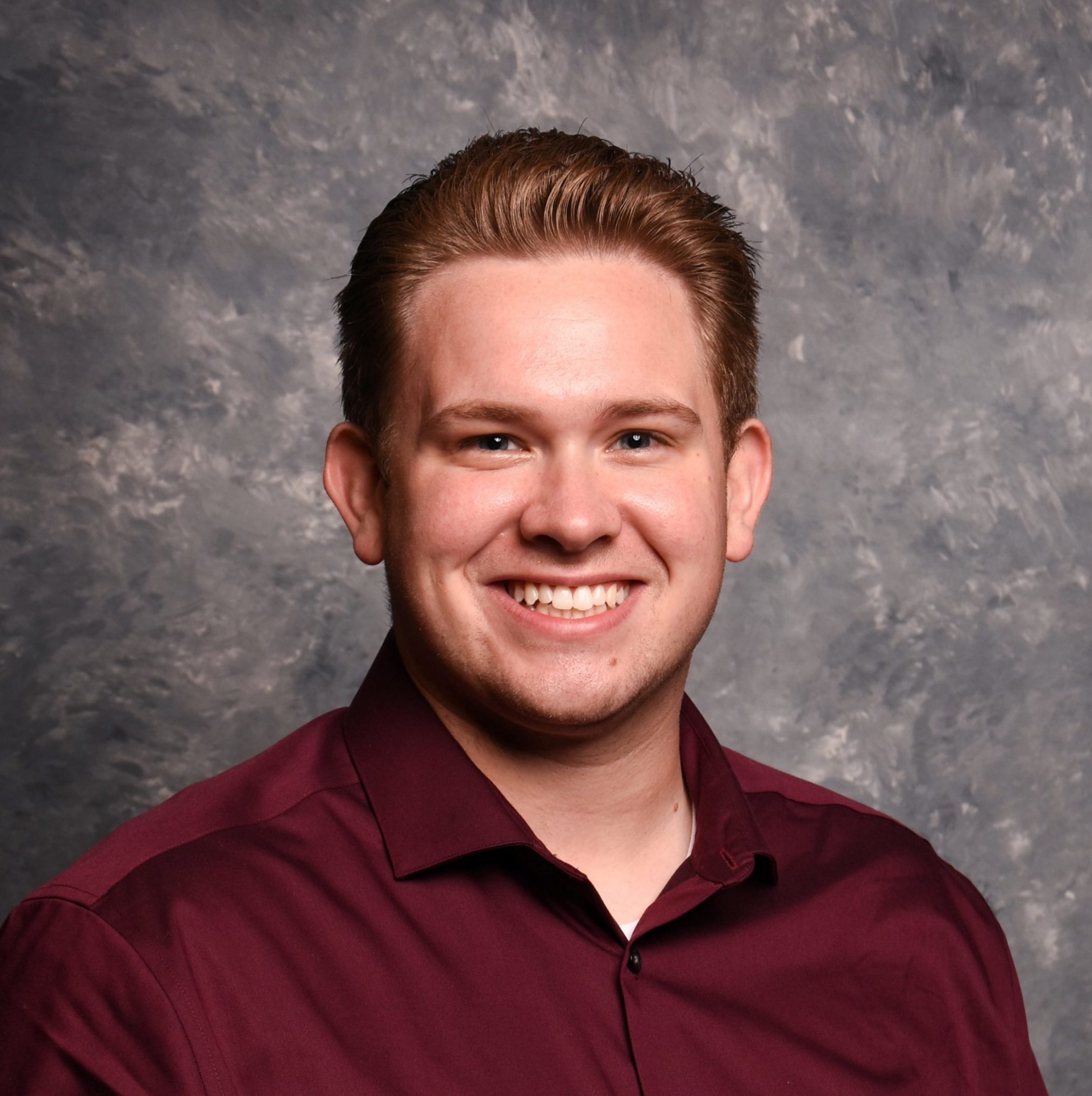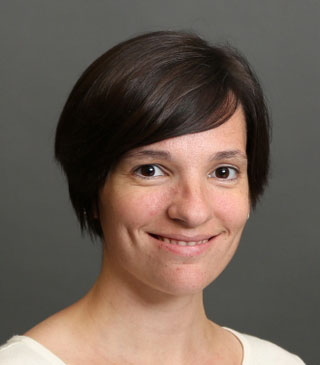Ways has means for success at SmithAmundsen
By: MaryBeth Matzek, Special to the Wisconsin Law Journal//August 31, 2016//
Ways has means for success at SmithAmundsen
By: MaryBeth Matzek, Special to the Wisconsin Law Journal//August 31, 2016//
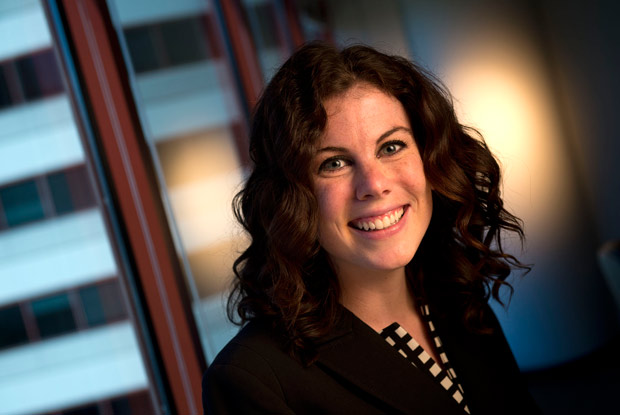
Nicole Ways enjoys solving a good puzzle.
“I love putting the pieces together and coming up with a solution, and to me my cases are like that,” said Ways, an attorney at SmithAmundsen LLC in Milwaukee. “There’s a problem and I get to figure out a solution.”
In her professional liability practice, Ways said every day is different. She defends different professionals, including architects, engineers, insurance professionals and other attorneys. Since she works in a variety of industries taking on complex litigation cases, Ways tries to understand their different intricacies.
“When I had my first case related to architecture I felt like I did a crash course in architecture as I tried to learn as much as I could. That knowledge helps me put together the best possible case,” she said, adding that her clients are also helpful in understanding the different industries.
While Ways works with different industries, there’s one thing all the cases have in common — the growing importance of e-discovery.
“I had one case where there were more than 1 million pages of electronic files that had to be sorted,” she said.
Ways said professionals are also being more conscious about what is put in emails since they’re realizing those words may come back to haunt them if there is a lawsuit.
“E-discovery has changed the game since we’re looking for information in different places,” she said.
Wisconsin Law Journal: What makes your work important to you?
Nicole Ways: A client’s trust makes my work important to me. I want clients to see me as an ally, someone who is just as invested in their success as they are. Having that kind of investment makes the work I do at SmithAmundsen a lot more meaningful. I want a client to feel that they have my undivided attention, that their story is important, and that my job is to help a jury, a judge, or an arbitrator believe in that story, too. A client’s trust in me to do my job makes me want to work hard for them every day.
WLJ: Who is your hero in the legal field?
Ways: Admittedly, I do not have a well-known or nationally regarded hero, but I have a couple local heroes that I have been fortunate enough to work with and learn from since my 1L year. These people have been great examples of the attorney I want to be. Although I have only been practicing for a couple months, I feel that I have a solid understanding of how I want to practice law because of the guidance I received from the people who took the time to teach me. If I have not said it before or enough, ‘Thank you.’
WLJ: What do you do outside of work to deal with stress from the office?
Ways: Other than bee-lining for my couch to turn on my latest Netflix addiction, I am relearning that reading can be fun. Before law school I read all the time, but after reading textbooks all day for the past three years, the last thing I wanted to do was pick up another book in my ‘free time.’ Now I appreciate the release reading provides from real-life problems and stressors. You also can’t beat Milwaukee in the summer, so getting outside to walk through whatever festival or event is going on or just around the lake is a nice break from an otherwise busy workday.
WLJ: What’s one thing many people get wrong about what you do?
Ways: Coming from the generation of ‘Law and Order’ and ‘CSI’ watchers, some people cannot fathom how a case can go on for years when it is solved on TV in one hour without fail. While every case is not always that lengthy, it does speak to the complexity of our profession and all the hats we wear throughout a case as strategists, analysts, and even performers, if and when you reach trial. I think those shows also lend to the misconception that every case is solved with one major ‘ah ha!’ moment. In my experience, cases are more analogous to putting all the pieces of the biggest jigsaw puzzle you can buy together to develop your theory of the case. There have been light-bulb moments along the way, but they still require the surrounding pieces of the puzzle to create the bigger picture.
WLJ: What’s your favorite memory from law school?
Ways: My favorite memories from law school are the experiences I had through moot court my 2L and 3L years. The highlight of my 2L year was participating in Marquette’s Jenkins Honors Moot Court competition, where my partner and I got to argue before a number of esteemed judges, including the Honorable Albert Diaz from the U.S. Court of Appeals for the Fourth Circuit. My moot court involvement concluded my 3L year after representing Marquette alongside two friends at the Mardi Gras National Sports Law Moot Court Competition. Finishing in the top eight in a competitive pool of teams from across the country and experiencing my first Mardi Gras in New Orleans was a demanding, but certainly enjoyable, week.
WLJ: Is there a certain case that stands out to you?
Ways: I was part of a team that just wrapped up a case that I had been working on for the past 14 months. After getting involved at the outset of electronic discovery, months of depositions and weeks of arbitration hearings, watching a case evolve from start to finish and being involved in that process throughout, for the first time in my career is something I will always look back on fondly.
Legal News
- State Bar leaders remain deeply divided over special purpose trust
- Former Wisconsin college chancellor fired over porn career is fighting to keep his faculty post
- Pecker says he pledged to be Trump campaign’s ‘eyes and ears’ during 2016 race
- A conservative quest to limit diversity programs gains momentum in states
- Wisconsin prison inmate pleads not guilty to killing cellmate
- Waukesha man sentenced to 30 years for Sex Trafficking
- 12-year-old shot in Milwaukee Wednesday with ‘serious injuries’
- Milwaukee man convicted of laundering proceeds of business email compromise fraud schemes
- Giuliani, Meadows among 18 indicted in Arizona fake electors case
- Some State Bar diversity participants walk away from program
- Wisconsin court issues arrest warrant ‘in error’ for Minocqua Brewing owner
- Iranian nationals charged cyber campaign targeting U.S. Companies
WLJ People
- Power 30 Personal Injury Attorneys – Russell Nicolet
- Power 30 Personal Injury Attorneys – Benjamin Nicolet
- Power 30 Personal Injury Attorneys – Dustin T. Woehl
- Power 30 Personal Injury Attorneys – Katherine Metzger
- Power 30 Personal Injury Attorneys – Joseph Ryan
- Power 30 Personal Injury Attorneys – James M. Ryan
- Power 30 Personal Injury Attorneys – Dana Wachs
- Power 30 Personal Injury Attorneys – Mark L. Thomsen
- Power 30 Personal Injury Attorneys – Matthew Lein
- Power 30 Personal Injury Attorneys – Jeffrey A. Pitman
- Power 30 Personal Injury Attorneys – William Pemberton
- Power 30 Personal Injury Attorneys – Howard S. Sicula






